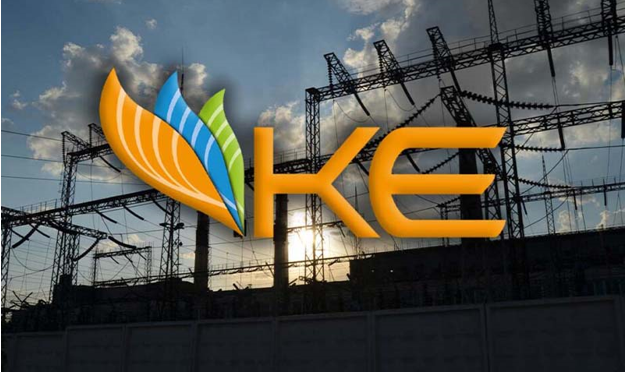آئی این پی ویلتھ پی کے
Ahmed Khan Malik
Industrial consumers in Karachi have expressed disappointment over the recent decision on K-Electric’s new Multi-Year Tariff (MYT), saying that despite the official reduction in the approved tariff, they have seen no real relief in their electricity bills.
Under the new tariff framework, K-Electric’s average power tariff has been revised downward for the 2024–2030 control period. However, industries argue that the reduction is largely notional and does not translate into any meaningful decrease in actual power costs.
Industrialists contend that the changes announced by the regulator will not bring tangible relief to the industrial sector, which is already struggling with high energy costs, load-shedding, and unreliable power supply.
They point out that even with the revised tariff, various adjustments and surcharges — including fuel cost adjustments (FCA), quarterly variations, and service charges — continue to inflate their bills. As a result, the effective per-unit cost remains nearly unchanged or, in some cases, even higher than before.
Karachi’s industrial sector, particularly export-oriented manufacturers, faces stiff competition in global markets due to rising input costs and declining profit margins. Energy tariffs constitute a major share of their expenses, and any increase — or lack of meaningful reduction — directly undermines competitiveness.
Rehan Javed, Convener of the Energy Committee, Korangi Association, told Wealth Pakistan that NEPRA’s review of K-Electric’s MYT offers no real benefit to Karachi’s consumers. “According to the NEPRA decision, K-Electric will recover the negative Fuel Cost Adjustments it had passed on to consumers last year,” he said.
He noted that K-Electric’s consumers are set to bear an additional financial burden of Rs30–40 billion in FCA for 2023 and 2024. “The losses of other distribution companies (DISCOs) are absorbed into the government’s circular debt and passed on to consumers as surcharges. In K-Electric’s case, however, such losses directly hit its investors,” he explained.
Sheikh Muhammad Tehseen, President of the Federal B Area Association of Trade and Industry (FBATI), said the new FCA charges would add a further burden of Rs30–40 billion on consumers. “The government had pledged to reduce electricity tariffs in consultation with Independent Power Producers (IPPs) to provide relief to the public. However, NEPRA’s decision to impose FCA runs completely contrary to that commitment,” he said.
He added that Pakistan’s exports could grow substantially if the cost of production was reduced gradually — particularly through a reduction in energy and utility charges.
Syed Raza Hussain, an industrialist from the North Karachi Industrial Area, said that the government’s tariff policy discriminates against Karachi, the country’s commercial capital. “Karachi’s residents and industries have not received any benefit from the incremental relief promised earlier. Instead, they are now facing yet another wave of tariff burdens,” he remarked.
Hussain said that despite the tariff cut, consumers are unlikely to see any drop in their electricity bills. “In fact, the bills may rise further due to an increased fuel reference price. The resulting savings will benefit the federal government rather than end-users,” he added.

Credit: INP-WealthPk











